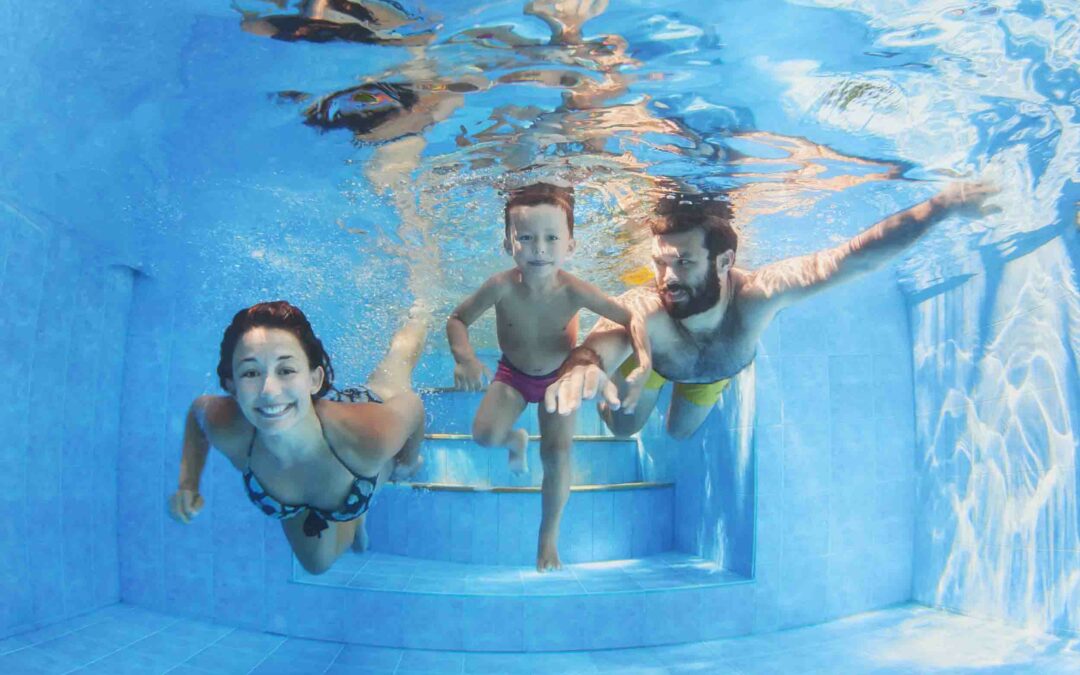Break out the sunscreen and swimsuits. Pool season has arrived! But wait – before you jump in, federal health officials are warning that the reports of crypto outbreaks have doubled in the past two years.
The Cryptosporidium parasite — called Crypto for short — is one of the most common causes of recreational water illnesses (disease caused by germs spread through pool water, water parks, hot tubs, lakes) in the United States and can cause prolonged diarrhea (1-2 weeks). It is found in the fecal matter of a person who has been infected by this germ. It has a tough outer shell that allows it to survive for days even in properly chlorinated pools. Swallowing just a mouthful of water contaminated with crypto can make otherwise healthy people sick. Young children, pregnant women, and individuals with weakened immune systems are more likely to become seriously ill if infected with Crypto.
Luckily, better surveillance and laboratory methods have led to better outbreak detection. In 2010, CryptoNet was launched, which is first U.S. DNA fingerprinting–based tracking system for illness caused by a parasite. This system helps states better detect and control outbreaks by identifying which types of Crypto are infecting people. While health departments and organizations can better warn the public of outbreaks, the parasite remains a threat to your summer fun.
So how does the bug get in the water? It hitches a ride in fecal matter. When you engage in any water activity, you share the water – and the germs in it – with everyone else. The water can become contaminated with tens or hundreds of millions of germs if one person infected with Crypto has diarrhea in the water. Ingesting even a small amount of contaminated water can cause illness.
To protect yourself and loved ones from becoming ill, the CDC recommends the following actions to prevent spreading germs around pool or other recreational water venues:
- Don’t swim or let your kids swim if sick with diarrhea
- Don’t pee or poop in the water
- Don’t swallow the water
- Rinse off in the shower before getting in the water to help remove any germs on your body that could contaminate the water
- Take kids on bathroom breaks often, and check diapers in a diaper-changing area and not right next to the pool
- If you’ve had diarrhea is caused by Crypto, wait until two weeks after diarrhea has stopped to go swimming
One of the best parts of summer is jumping into a cool pool on a hot day. So, don’t feel like you have to avoid swimming. Just swim smarter and enjoy the water.
For more information about Crypto, visit www.cdc.gov/crypto
For more information on preventing illness and injury at the pool, visit www.cdc.gov/healthyswimming
Gayle Whitmore is a Registered Nurse and Infection Control Preventionist at St. Mary’s Medical Center. She can be reached at 816-655-5242.


